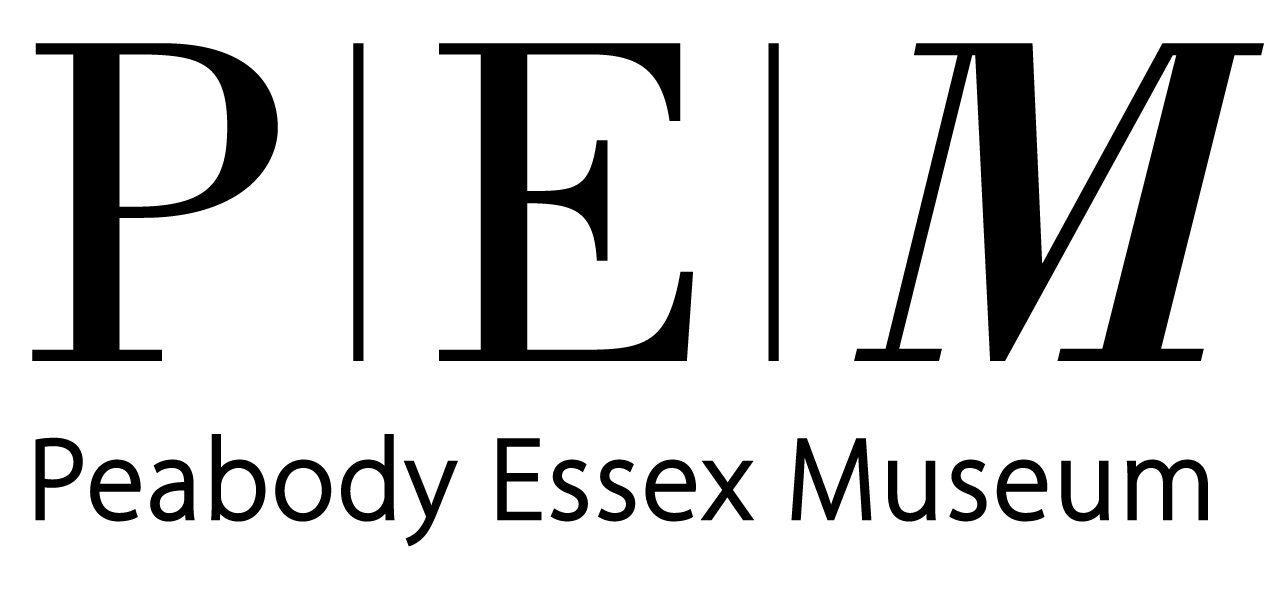This post was written by Zoe, Summer, Caitlin, Cate, Arielle, Martha, Madeleine, Yasen, Celine, Lilly, Lia, Lauren, Griffen, and Griffin -- Marblehead High School's glorious G block AP Language and Composition class. Salem Film Fest is grateful to MHS Teacher Connor Ryan who worked with his students to explore this year’s festival.
After two years of a virtual film festival, Salem Film Fest 2022 saw a return to an in-person festival with filmmakers traveling from all over the United States to the North Shore. Liz Cronin works behind the scenes as SFF’s Lodging Director ensuring that filmmakers enjoy their time at the festival and in Salem.
SFF Lodging Director Liz Cronin - Photo by Joey Phoenix, Creative Collective
MHS: How did you get into event planning?
Liz Cronin: In my first job out of college, I graduated with a psychology major and had absolutely no idea what I wanted to do. I didn't think I wanted to be a psychologist, but I also knew one aspect of psychology was called organizational development. Basically, you help a company develop its employees and come up with training ideas to keep employees motivated. The company that I got my first job with did what's called incentive travel. They would have their sales employees participate in a contest and would sponsor the winner and a guest on an all-expense-paid trip for one week. We’d have [everything] planned, so that's where I got involved. I started in sales and then I had a knack for coordinating travel, … and I basically just fell into it.
MHS: What is your role with Salem Film Fest?
LC: For the past 15 years, I have been the Lodging Director for Salem Film Fest. Prior to that, I worked for various corporate companies to coordinate incentive travel programs, a way for employees to earn rewards for their hard work. In addition to my current role at Salem Film Fest, I work remotely for a company based in Switzerland that informs doctors and patients about emerging pharmaceutical drugs.
SFF Lodging Director Liz Cronin and SFF Music Coordinator Brian Donnelly at SFF 2022 after YUNG PUNX: A PUNK ROCK PARABLE - Photo by Shane’s Maine Photography
MHS: Filmmakers attending screenings is a large part of what makes a film festival exciting. How have you approached local accommodations to convince them to host filmmakers?
LC: I build relationships. I think in the 15 years, I’ve kept all my relationships because I make it a win-win. It’s not a take, take; it's building a partnership, and when I call, I don't have to sell [the festival lodging sponsorship] every year because they know I respect their hospitality.
MHS: Has there ever been an interaction with anyone where you’ve said ‘I quit’?
LC: Actually, no. I have really good relationships. I get snappy at the end [when I’m stressed about stuff], and then when it's over I just have a good [sigh] of relief all went well. [During the festival] everyone is calling me, filmmakers are stuck, their flight didn’t get in, I have to go back another two hours later to get them. We had one filmmaker that brought her subject from India who didn’t speak English. The filmmaker was late but the subject was there. A teacher from Marblehead went and said ‘Hey I’m from the film festival’ and showed her her shirt and got the woman to believe that she wasn’t abducting her. She finally trusted her to go up to Salem with her but it's those fun stories.
MHS: Were you always a fan of documentaries?
LC: Never. I’d watch them, but now I know it's more than just someone talking to a camera like Frontline. There's so much more to it than just what you think documentaries are and I think that’s what exposed me to it. Another thing about documentary films is there's no good guy or bad guy. You come out of the film thinking ‘I’m not sure what I think about it but at least I have a 360-degree picture of an issue.”
After SFF 2022 screening of CAT DADDIES - Photo by Joey Phoenix, Creative Collective
MHS: In your opinion, what documentary theme has been the most attended or the most recurring over the years?
LC: Inspirational stories. We had a musician who all of a sudden became paralyzed and lost his ability to play music. He struggled through years of rehabilitation and actually at the live event came and did his first performance. That was amazing because you saw the film (LIFE. SUPPORT. MUSIC.) and then you saw the live person.
MHS: What is the one thing that makes you keep doing this, keep working so hard?
LC: Oh, it's the fun. We have parties, we get to talk to the filmmakers. It’s so interesting to talk to some of these directors and see how they got into the documentary film industry.





